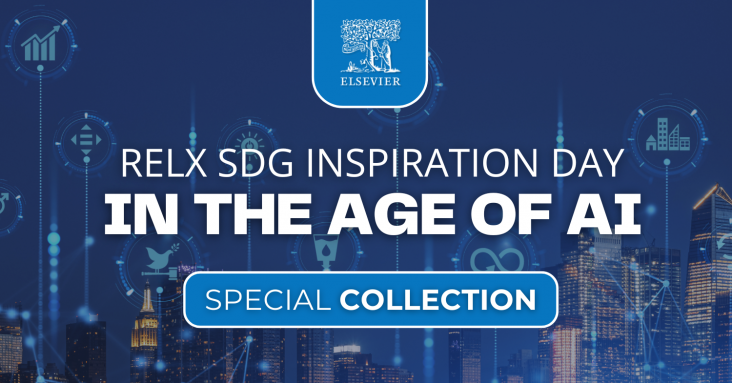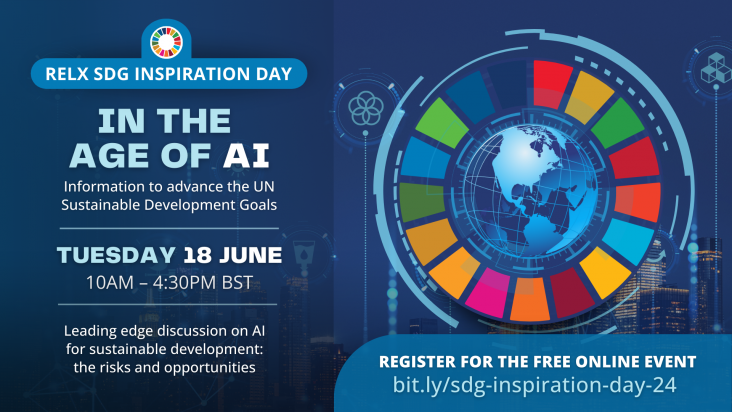This is a commentary discussing gender disparities in mental health and suicide prevention strategies for women

This year’s RELX SDG Inspiration Day will bring together global AI leaders, corporate representatives, investors, government, and NGOs to explore issues, gain practical insights and be inspired to take action in support of the Global Goals. Elsevier is proud to share this special collection of articles and chapters in celebration of this event.

We’re passionate about helping students learn more about STEM, and through our academic program we give students the opportunity to collaborate on STEM-related projects involving innovative technologies like data analytics, robotics and AI. Since 2011, we have partnered with a number of universities to sponsor research projects, internships, robotics teams, scholarships, and other educational programs that provide students with access to hands-on learning and real-world engineering experience.

RELX SDG Inspiration Day 2024: Leading edge discussion on AI for sustainable development: the risks and opportunities
The tenth RELX SDG Inspiration Day - a free, online event for thought leaders, corporate representatives, students, investors, government and NGOs to explore issues, gain practical insights and be inspired to take action in support of the UN Sustainable Development Goals.

AI holds tremendous potential for advancing the United Nations Sustainable Development Goals (SDGs). AI, particularly generative AI, provides new opportunities to analyse data and trends at pace a
Supports SDG 3 in describing problems associated with delayed pregnancies and a lack of access to care.
The study forecasts AI-based innovation's impact on SDGs in 22 countries from 2022 to 2030 using System Dynamics Modeling. In most of the 22 countries studied, AI-based innovation positively affects SDGs 1, 3, and 5. For half of the countries studied, AI-based innovation positively influences SDGs 2, 4, 6–8, 11, 13, and 16–17. AI-based innovation does not positively influence SDGs 10, 12, 14–15 for most countries studied.
This primary research Article looks at the effects of being able to access community perinatal mental health teams compared with living in regions where those teams were not available. The study found that, among women with a pre-existing mental disorder, the availability of community perinatal mental health teams reduced the post-natal risk of acute relapse and increased the use of secondary mental health care.

Adolescent girls are not receiving the support they need to thrive and are continuously disadvantaged by inattention and broad inequalities that limit their tremendous potential. Their potential is enormous—as is their belief in a better future.

